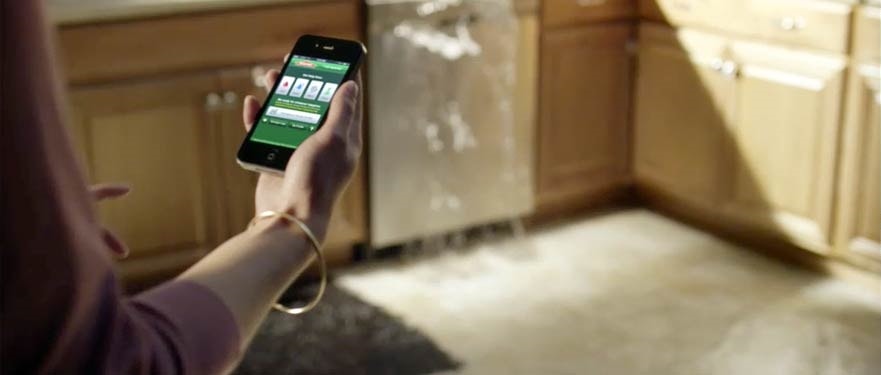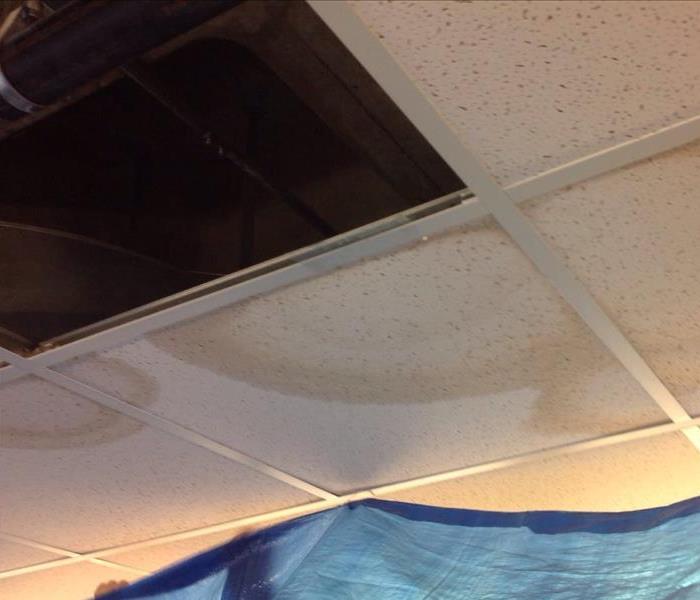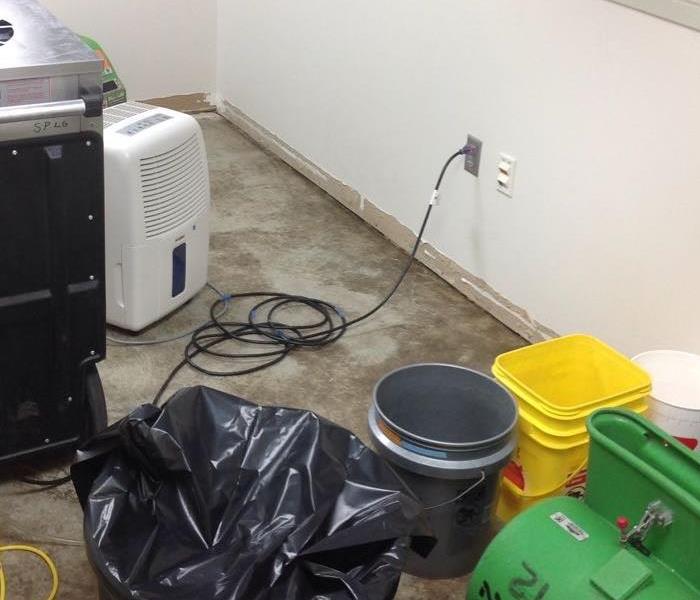
Water Damage Emergency Tips
What you can do until help arrives
Water Tips | Fire Tips | Biohazard Tips | Mold Tips
Water damages can arrive on the scene with very little notice and a very large price tag.. A broken pipe, ice dams in the gutters, or severe rainfall can all attribute to water loss to your business or residence. With this being said, no one is completely safe from water catastrophe. It is important to know what to do with the little time given, to protect your home. When you find yourself in deep water, follow these steps. First and foremost, disconnect power and remove any electronics, furniture and items that are easy to maneuver. Pull up any carpets or materials and clear the space to the best of your abilities. Standing water presents a multitude of issues. Remove as much water as possible. Towels and buckets are useful to expedite the process. Attempt to dry the area as much as possible. The longer water stands the more damage it creates. Once the area has been dried, be sure to use a heavy duty disinfectant to sanitize the area of any harmful materials that may be left behind. Discard any items that has come into contact with contaminated water. They pose a serious health risk. SERVPRO is always available to answer any questions you may have and will be there when things go wrong.
Have A Water Damage Emergency? Call (608) 754-7202
What To Do After Flooding
- Remove excess water by mopping and blotting.
- Wipe excess water from wood furniture after removal of lamps and tabletop items.
- Remove and prop wet upholstery and cushions.
- Place aluminum foil or wood blocks between furniture legs and wet carpeting.
- Turn air conditioning on for maximum drying in summer.
- Remove colored rugs from wet carpeting.
- Remove art objects to a safe, dry place.
- Gather loose items from floors.
What NOT To Do After Flooding
- Don't leave wet fabrics in place. Hang furs and leather goods.
- Don't leave books, magazines or other colored items on wet carpet or floors.
- Don't use your household vacuum to remove water.
- Don't use television or other household appliances.
- Don't turn on ceiling fixtures if ceiling is wet, and keep out of rooms where ceilings are sagging.


 24/7 Emergency Service
24/7 Emergency Service




